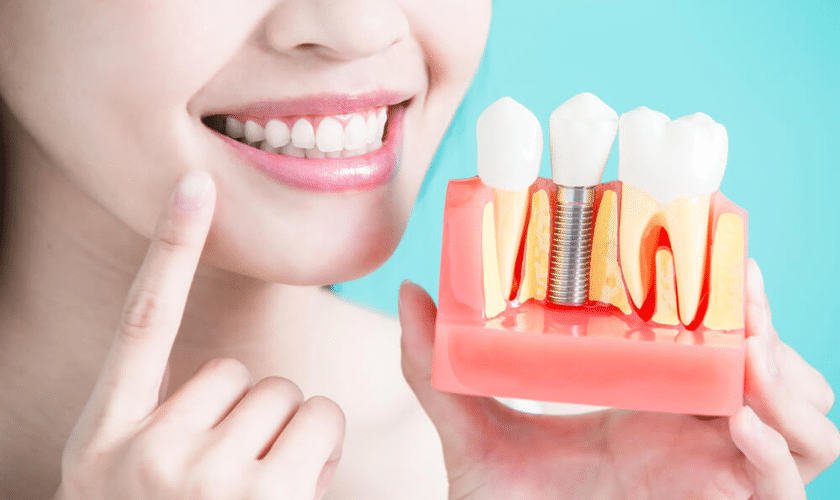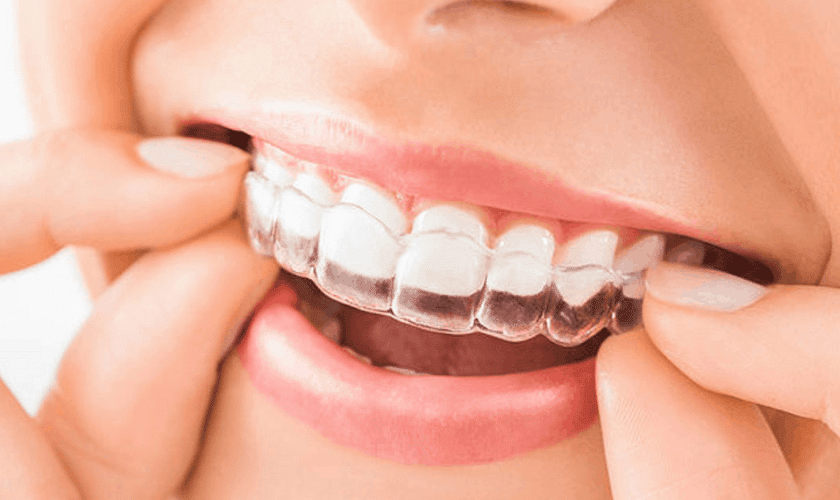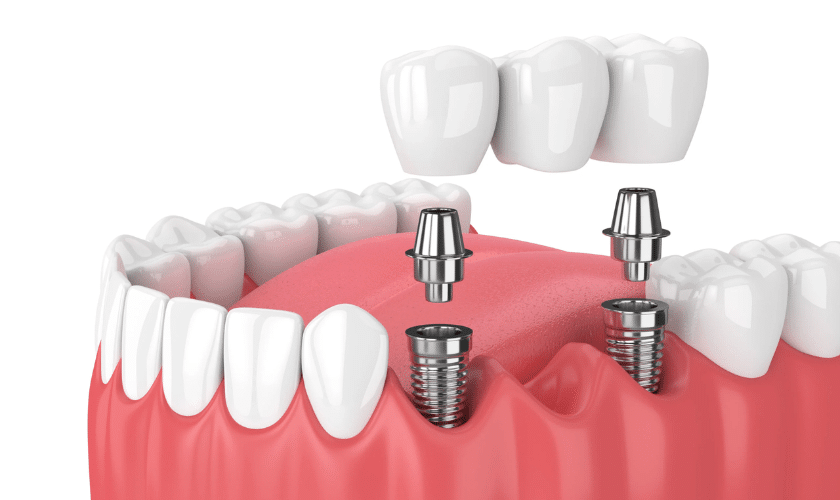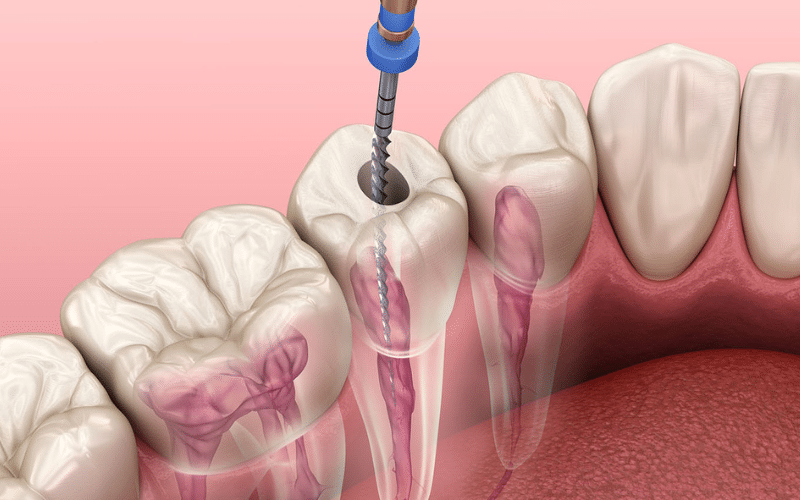
Dental implants are a great investment in your oral health and smile. However, like any investment, they require proper care and maintenance to ensure their longevity. If you’ve recently gotten dental implants or are considering them as an option, it’s crucial to know how to properly care for them so that they last a lifetime. In this blog post, we’ll share expert tips on how to take care of your dental implants and keep them in tip-top shape!
Introduction to Dental Implants
Dental implants are a popular and effective way to replace missing teeth. They are usually made of titanium and are surgically placed in the jawbone. Over time, the bone grows around the implant, anchoring it securely in place.
Dental implants can be used to support one or more artificial teeth, known as crowns. They can also be used to support a bridge or denture. In some cases, implants can be used to stabilize loose teeth.
Benefits of Dental Implants
When it comes to your smile, there’s nothing more important than making sure it’s healthy and looks great. And while there are many different dental treatments available to help achieve this, dental implants are quickly becoming one of the most popular options. Here are just a few of the benefits that dental implants can provide:
Dental implants are permanent: Once they’re in place, you don’t have to worry about them coming loose or falling out as you might with dentures or other types of teeth replacements.
Dental implants look and feel just like your natural teeth: This means you can eat, drink, and speak without worry that your implants will give you away.
Dental implants are strong and durable: With proper care, they can last a lifetime.
Dental implants can help preserve your jawbone: When you lose teeth, the bone in your jaw begins to deteriorate. Dental implants stimulate the bone and help prevent this from happening.
Dental implants can improve your overall oral health: Unlike some other types of teeth replacements, dental implants don’t put extra stress on the surrounding teeth. This can lead to better oral health in the long run.
Treatment: The actual implant surgery is usually done in one or two sessions. First, the implant (a small titanium screw) is placed into your jawbone. Then, the abutment (a connector piece) is placed on top of the implant. Once the implant has healed and bonded with your jawbone, you’ll need to come back for a second surgery to have the artificial tooth (or teeth) placed on top of the abutment.
Caring for Your Dental Implants: Tips from the Experts
Dental implants are a great way to improve your smile and confidence. However, they require special care to keep them looking their best. Here are some tips from the experts on how to care for your dental implants:
Regular Dentist Checks
It is important to visit your regular dentist for checkups and cleanings, even if you have dental implants. While implants are designed to be long-lasting, they can still be susceptible to problems like gum disease. That’s why it’s important to have your implants checked regularly by a dentist so that any potential problems can be caught early and treated accordingly.
Switch To A Soft Brush
If you’re using a manual toothbrush, it’s time to switch to a soft-bristled one. “You should never feel pain when you’re brushing your teeth, no matter what type of toothbrush you’re using, If you do, that means the bristles are too hard and they’re irritating your gums.” If you have dental implants, it’s even more important to use a soft brush, since the implant posts can be sensitive.
Floss Daily
Brushing and flossing are essential for good dental implant health. But what’s the best way to floss? According to the experts, there are a few things you should keep in mind.
First, be sure to use a gentle flossing motion. You don’t want to damage your implants or irritate your gums. Second, use waxed or coated floss for easier maneuvering around the implant. And finally, be sure to floss at least once a day – preferably after every meal – to remove plaque and bacteria from your teeth and gums.
Avoid Eating Hard And Sticky Food
When you have dental implants, you need to take extra care of your teeth to ensure that they stay in good condition. One thing that you need to be careful of is eating hard and sticky food. This can cause the implants to become loose or even fall out. If you do eat hard or sticky food, make sure that you brush your teeth afterward to remove any food particles that may be stuck in your teeth.
Mouthguard
If you have dental implants, it’s important to take good care of them. Here are some tips from the experts:
- Brush and floss your implants regularly, just like you would your natural teeth.
- Be sure to use a soft-bristled toothbrush and non-abrasive toothpaste.
- Avoid chewing on hard objects (ice, hard candy, etc.), as this can damage your implants.
- See your dentist or implant specialist regularly for checkups and cleanings.
- If you play contact sports, be sure to wear a mouthguard to protect your implants (and your natural teeth!).
Common Mistakes People Make When Caring for Their Dental Implants
When it comes to caring for dental implants, there are a few common mistakes that people make. Here are some tips from the experts to help avoid these mistakes and keep your implants in top condition:
- Not cleaning around the implant regularly: Just like natural teeth, it’s important to brush and floss around your implant to remove plaque and bacteria. Be sure to use a soft-bristled toothbrush and gentle flossing motion to avoid damaging the delicate tissue around the implant.
- Not visiting the dentist regularly: It’s important to see your dentist at least once a year for a professional cleaning and checkup. During these appointments, your dentist will check for any signs of problems with your implant, such as infection or instability.
- Using tobacco products: Tobacco use is one of the leading causes of implant failure. If you smoke or chew tobacco, it’s important to quit before having dental implants placed and continue to abstain from tobacco use after the surgery to decrease the risk of complications.
- Eating hard foods too soon after surgery: It’s important to give your mouth time to heal after implant surgery before eating hard or crunchy foods. Eating these types of foods can damage the surgical site and increase the risk of infection or implant failure. Stick to soft foods for at least a week after surgery, then slowly introduce harder foods back into your diet as tolerated by your mouth.
Taking care of your dental implants is an important part of maintaining their longevity and ensuring that you get the most out of them.
Following these tips from experts can help you keep your oral health in tip-top shape so that your smile always looks its best. Remember to brush twice a day, floss daily, use mouthwash, avoid using tobacco products and eating sticky or hard foods, and make sure to go for regular checkups with your dentist. Doing all this will ensure that your dental implants last long and look great!
Frequently Asked Questions About Dental Implant Care
Are you considering dental implants but have some questions about how to care for them? Here are some answers to commonly asked questions about dental implant care, courtesy of the experts.
Q: How do I brush my teeth with dental implants?
A: Just like natural teeth, you should brush your dental implants twice a day with a soft-bristled toothbrush. Be sure to use gentle circular motions and avoid scrubbing back and forth, which can damage the gums. You may also want to use an interdental brush or floss threader to clean between your implants.
Q: What type of toothpaste should I use on my dental implants?
A: Any type of fluoride toothpaste will work well on dental implants. Just be sure to avoid using whitening toothpaste, as this can cause discoloration.
Q: Can I eat whatever I want with dental implants?
A: Yes! Unlike dentures, which can be damaged by certain foods, there are no restrictions on what you can eat with dental implants. However, it’s still important to practice good oral hygiene habits by eating a balanced diet and avoiding sugary snacks and drinks.





